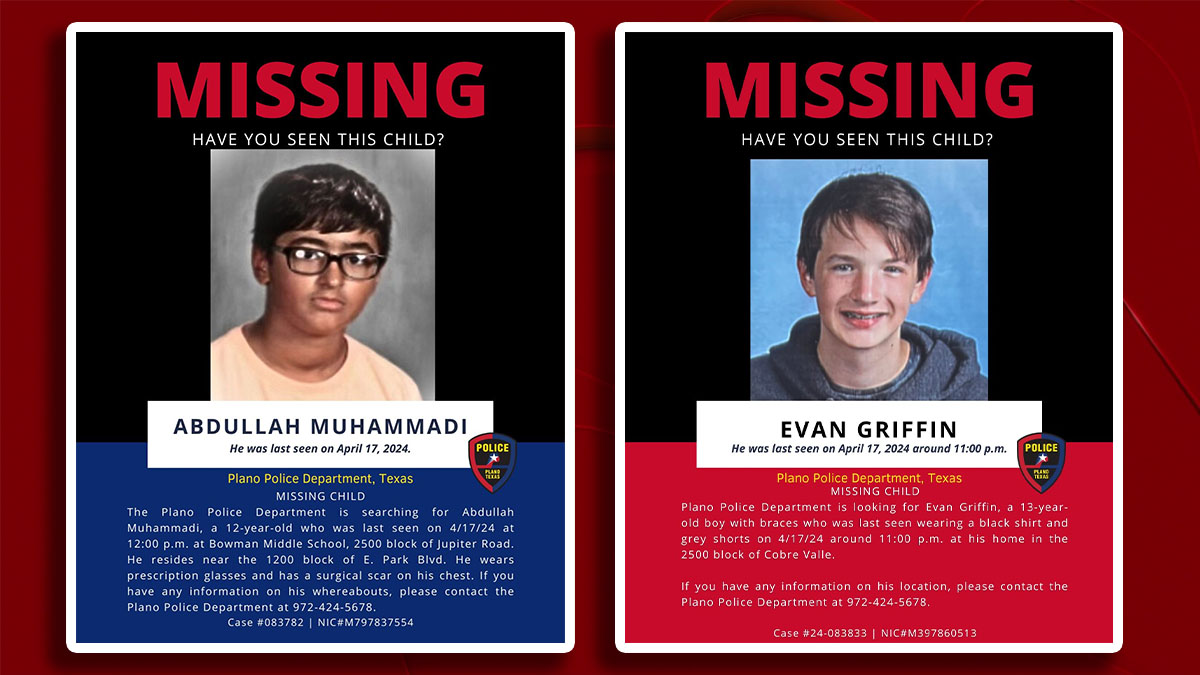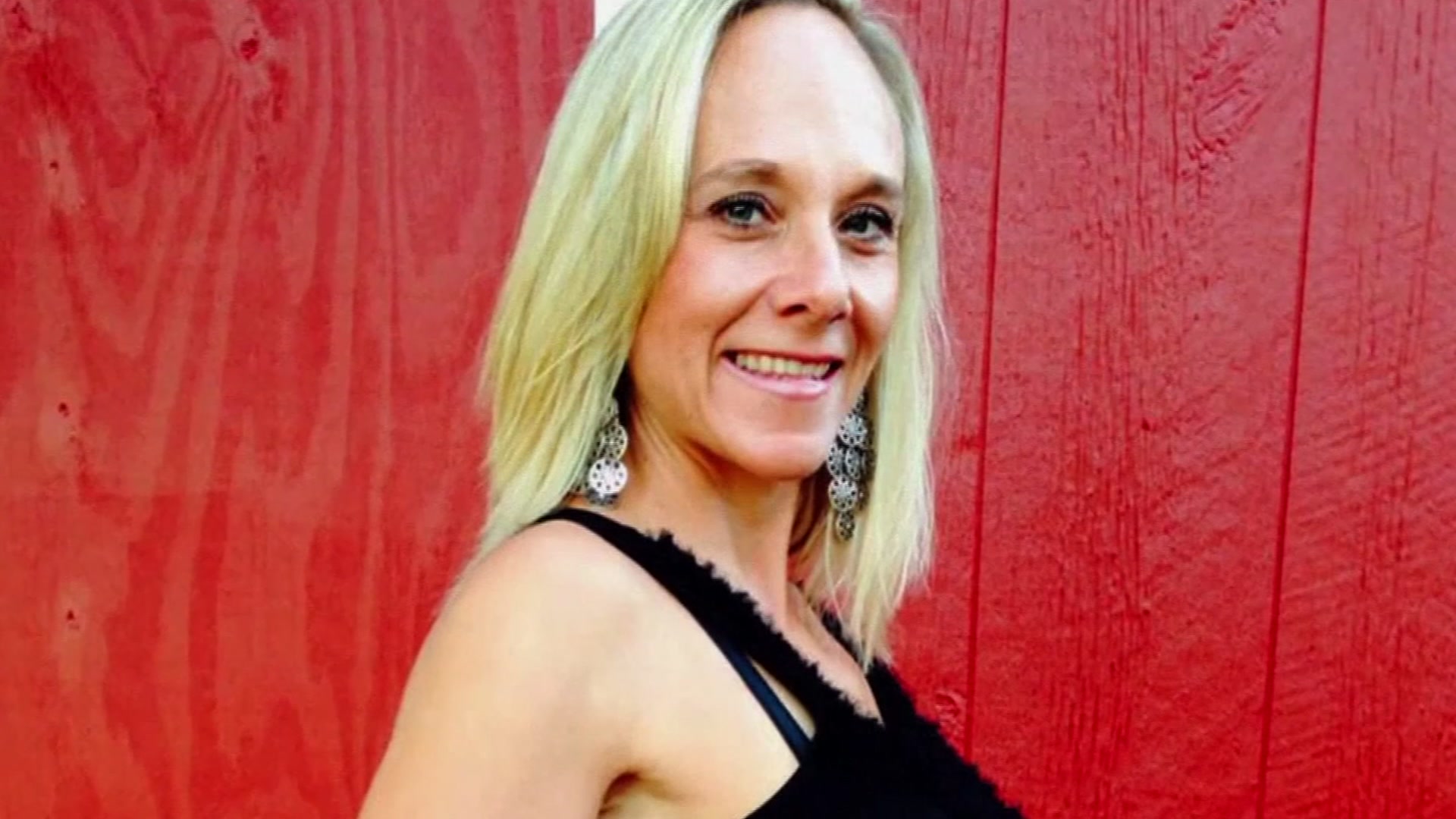Just hours before the Paycheck Protection Program was set to end, the Senate extended the deadline to Aug. 8.
It came as the program was poised to shut down with more than $130 billion left untapped.
It was an unexpected development that came as spikes in coronavirus cases in many states are causing renewed shutdowns of bars and other businesses.
The program was extended by the Senate, at the action of Democrats on the floor.
The measure is not a done deal yet. The Democratic-led House will need to pass the legislation though it's not known when they will take up the bill. From there, it will be sent to President Donald Trump for his signature.
The program is run by the Small Business Administration, with the loans carried out through the banks. More $500 billion has been handed out to 4.8 million businesses so far.
Many were pushing for even just a second round of the program so the extension is a relief to those who thought they would make it but are now feeling the heat from new business closures as COVID-19 cases spike across the country.
Local
The latest news from around North Texas.
The chaotic but monumental program offers businesses nearly funds to cover payroll and preserve livelihoods through the pandemic. If they use most of it for paychecks, the debt can be forgiven.
“It was a little clunky out of the gate because everybody was drinking from a fire hydrant trying to even land the PPP," said Shane Spillers, owner of Eno’s Pizza Tavern.
Spillers said while some aspects of the program are complicated, it’s also about having the right relationships with the right community lenders. Obtaining the loan was a lifeline for his business when they were forced to close during stay-at-home orders.
“The challenge with what we’re going through is that none of us has a crystal ball. With these two steps forward one step back, the instability at that level and the lack of notice, the lack of the ability to plan, we’re just constantly having to pivot to do the right thing for the business.”
Throughout the program, terms were changed in an effort to adjust to the now realized longevity of the pandemic's impact.
Before, businesses that were approved for a PPP loan had just eight weeks to use the money. It was then extended to 24 weeks.
The program also started off with a stipulation that businesses must spend at least 75% of their PPP loan on payroll and no more than 25% on allowable non-payroll costs. That ratio was then amended to 60/40 as businesses reopened for employees to begin working again but were behind on rent and other costs.
"There’s no way in the world it’s going to be the right, perfect solution for everybody but I think what they’ve done is widen the availability and widen the availability to succeed at those levels," said Spillers.
However, other loan seekers like David Wolstenholm says he got denied at every turn to help his Frisco remodeling business, DW's Remodeling.
"I kept paying my guys and everybody, thinking I was getting those grants and stuff. And now the money's right on the edge of being able to pay everything,” he said.
His bank denied a PPP loan application citing insufficient paperwork. Another SBA loan was denied with no reason given but was told he could reapply.
"I'm not getting my hopes up on that,” he said.
Luckily, his accountant was able to help him apply and get approved for a $10,000 disaster grant, although he’s only received $1,000 of that money so far.
“We’re staying busy. I have work booked for the next four to five weeks,” Wolstenholm said.
Dallas money manager and CPA Bill Dendy, president of Elite Financial Management, said people like Wolstenholm are experiencing the result of a hastily constructed program wrought with confusing rules, changing terms and computer crashes.
"When this loan was first created, acting quickly usually leaves some problems and some challenges," said Dendy.
The program's complicated and shifting requirements also could have potentially scared off borrowers, leading to so much unused money.
"With $130 billion not taken and other dollars that were taken but given back because the borrowers did not think they could meet the requirements of the loan -- it leaves a lot of room to reassess what worked well and what may need to change for these other businesses," Dendy said.
Adding to the issues, because the SBA only carries out the PPP loans through the banks, he said that leaves room for unfair practices.
"Borrowers had to go through their banks, and banks tend to favor those long-term borrowers those larger more established companies they’ve done business with,” he said.
Dendy added that due to the complex nature of the application process, hurting businesses should consider consulting with a CPA or money manager for help or to navigate other options as the pandemic continues.
"A lot of folks are saying well we need to have a second round because we thought this thing would’ve already come and gone right now. But here we are in June looking at probably August, September, October before we get back to full action,” he said.
According to NBC News, President Trump has said there's also potential for a new round of stimulus checks but Congress still seems pretty divided on constructing a new stimulus package that would include more business relief.
Lawmakers could be looking at more limited measures that would focus on state economies.



